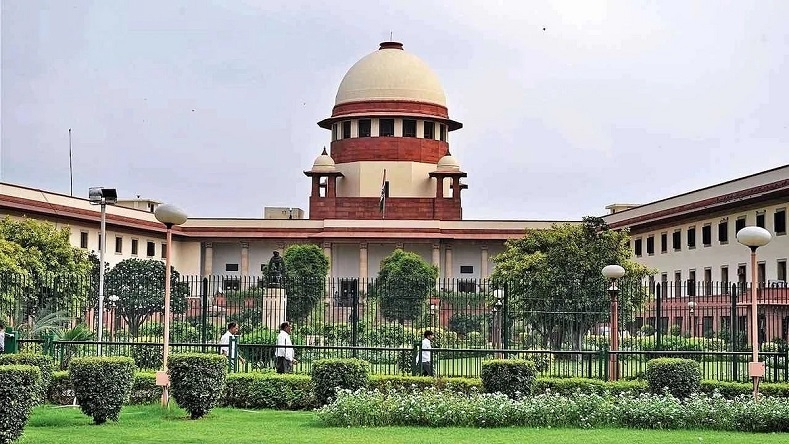EWS quota fraud on the Constitution: Petitioners
| Date :14-Sep-2022 |

NEW DELHI :
THE Supreme Court on Tuesday began hearing arguments on petitions challenging the validity of the 103rd Constitutional Amendment, enacted in 2019 to provide a 10 per cent quota to economically weaker sections (EWS) in Government jobs and admissions. Legal scholar G Mohan Gopal, representing some petitioners, submitted before a bench headed by Chief Justice U U Lalit and comprising Justices Dinesh Maheshwari, S Ravindra Bhat, Bela M Trivedi, and J B Pardiwala, that the 103rd Amendment is a fraud on the Constitution and the ground reality is that it is dividing the country along caste lines.
Terming the amendment an attack on the constitutional vision of social justice, he said that in his State, Kerala, he is not happy to say that the Government issued an order for EWS and the title was ‘caste’ and they were all most privileged castes in the country. Gopal argued that social and educational backwardness are two wings on which reservations rely upon and if these are removed, it would crash. He vehemently argued that the amendment will change the identity of the Constitution in the minds of people as something, which protects the privileged instead of the weak. He added that there are structural conditions, which keep certain communities poor and reservation was introduced to give representation in education and Government jobs.
Reiterating the amendment was an attack on the constitutional vision of social justice, he said reservation is only needed to ensure representation so that it does not eat up equality in opportunity, which is the backward classes’ concern. Gopal submitted the EWS quota excludes socially and educationally backward classes and only forward classes receive the benefits, and it results in violation of the principles of social justice and equality, which infringes the basic structure of the Constitution. He said the 103rd Amendment seeks to nullify and neutralise the Constitution’s idea of treating unequal unequally, and also socially and educationally backward class criteria, includes economically weaker sections. There cannot be social backwardness without economic weakness and they go hand in hand, he added.